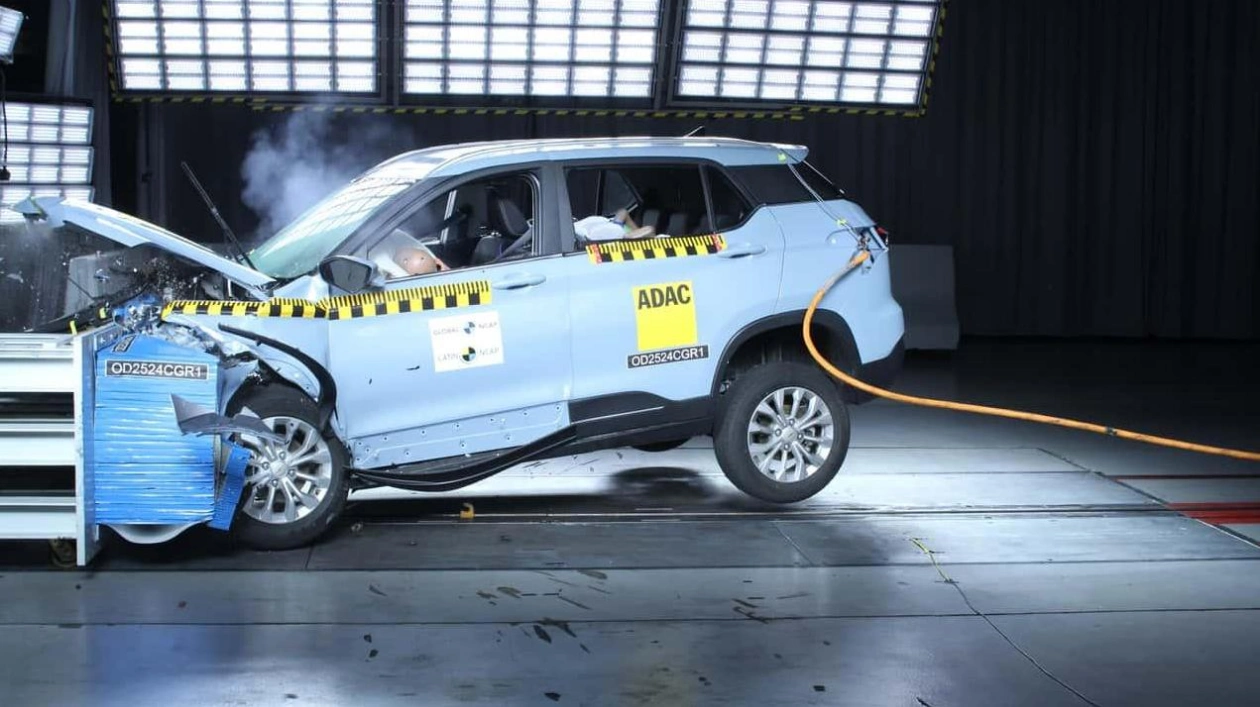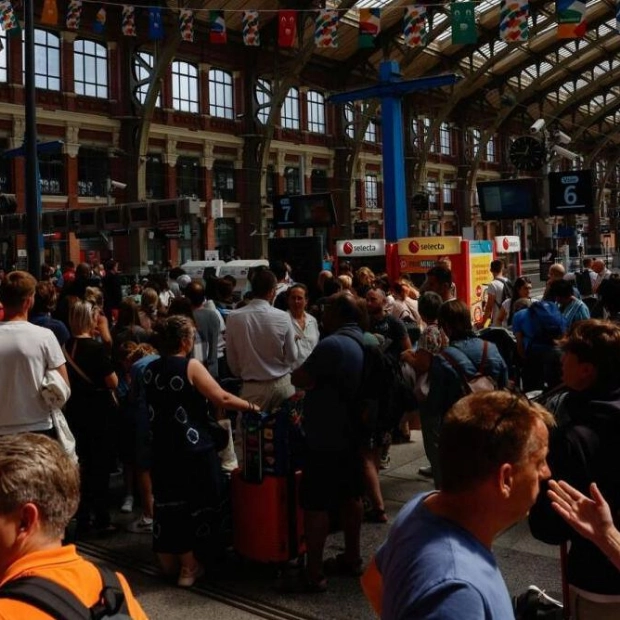The Chevrolet Groove is a small crossover that remains relatively unknown to many. It made its debut around four years ago, capturing attention with its $12,000 starting price. Essentially a rebadged Baojun 510 produced in China by the SAIC-GM-Wuling joint venture, it is exported to Latin American and Middle Eastern markets under the Chevrolet brand. However, its safety performance leaves much to be desired, as highlighted by Latin NCAP's crash test results. The New Car Assessment Program for Latin America and the Caribbean recently awarded this subcompact model a disheartening zero-star rating.
In frontal collisions, the crossover demonstrated an 'unstable structure,' and protection for the driver's chest, knees, and feet was only 'marginal.' During the side impact test, there was 'relevant intrusion in the passenger compartment.' Latin NCAP notes that the Groove comes standard with only four airbags, and advanced driver assistance systems are not available even as optional features. In pedestrian protection evaluations, the small SUV provided only 'weak and marginal' head protection, with 'poor' upper leg protection and 'good and marginal' lower leg protection.
The zero-star rating was due to low scores across all main categories: 39.42% in Adult Occupant, 68.57% in Child Occupant, 36.37% in Pedestrian Protection and Vulnerable Road Users, and 58.14% in Safety Assist. Latin NCAP even advises against purchasing the Groove until Chevrolet improves its safety. Latin NCAP Chairman Stephan Brodziak stated, 'We make an urgent call on Chevrolet to address the serious safety deficiencies of the Chevrolet Groove, which received a zero-star safety despite its popularity in Latin America. Latin NCAP tests revealed the unstable structures and marginal protection for adult occupants, alongside poor pedestrian safety and the lack of essential technologies like ADAS. As the best-selling SUV in Chile, its widespread use poses a significant risk to consumers. We urge Chevrolet to prioritize safety by improving structural integrity, enhancing occupant protection, and equipping all versions of the Groove with advanced safety features. We strongly recommend consumers avoid this model until meaningful improvements are made and tested.'
Some argue that affordable cars can't match the safety of more expensive models, which is a valid point. However, not all budget cars receive zero stars in crash tests. For instance, the low-cost Dacia Sandero earned two stars from Euro NCAP a few years ago. Even the Chinese-built Spring electric city car managed to get a star. The harsh reality is that compromises are inevitable to reduce production costs and offer more affordable products. Yet, the profits from such vehicles could be undermined if government safety programs emphasize the risks associated with zero-star-rated cars, potentially steering consumers towards safer alternatives.
Chevrolet isn't the only major automaker facing this predicament. The Toyota Raize, another small crossover, also received a zero-star rating from Latin NCAP earlier this month.






